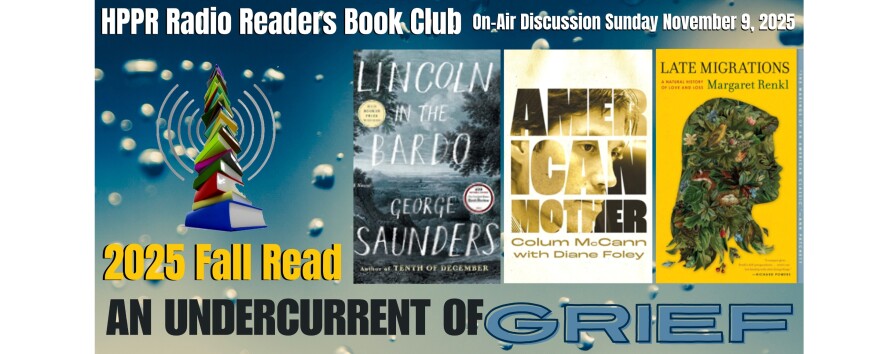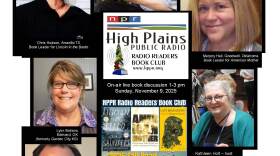It takes me a month to mentally prepare to drive through the High Plains and a week to recover. The only ties I have left are a love of an old hotel on Main Street in Cimarron and this book club. Like many expatriated listeners, as I make my way up from 183 to 50, I encounter a sense of what is either the sublime or the abject approaching Mullinville, Bucklin, Howell. When I press my brakes to slow through the speed trap towns, and I know enough not to go a single mile per hour over through Kinsley, I look out the windows and see different versions of myself–a what could have been, a what never would have been. Those drives expose microfractures in the foundations of my carefully constructed lives I’ve made anywhere else, and I’m forced to embrace and even love that abstracted me who still lives here.
At every turn, Bill Bryson chooses to do the opposite. In his condescending smirk of a book The Lost Continent: Travels in Small-Town America, Bryson derides his home state of Iowa, his childhood neighbors, his family, his roots. Often, when I encounter books assigned to me that don’t speak to me on an aesthetic or literary level, I seek areas I think some High Plains Public Radio listeners might enjoy that just aren’t for me. In Bryson, there are none. In Lost Continent, this adoptive British anthropologist returns home not seeking those pieces of him left behind, but to gawk at the yokels, to leer disgustingly at midwestern women, and to make clear that he is better than us for having stamped his passport a few times.
At one point, exasperated by this book just ten pages in and needing to find solace in the discomfort of others, I cruelly shared excerpts of Bryson’s book with Iowan memoirist Madeline Vosch, who notes that, “Bryson is obsessed with women’s bodies, examining us as if we are animals in a zoo. Bryson exhibits a fundamental disdain for women, even as he ogles us and declares teenage girls the paradigm of feminine beauty. If we don’t meet this standard of beauty–whether because we aren’t rail-thin or fresh smelling, or simply because we are no longer 16–we become disgusting grotesques, nothing but meat.” She also said a lot of words I can’t say on the radio.
So, what can we take from such an unthoughtful, myopic, and in many cases pathetic travel narrative as Bryson’s? Perhaps nothing of literary value–Bryson’s prose reads like a sixth grader doing Oscar Wilde karaoke, and his “humor” takes every opportunity to punch down at the folks he grew up around. Instead, when we read just how profoundly unhappy Bryson sounds, how much of a point he’s got to prove about how he “made it” while we are still stuck in the mud, we might gas up our own vehicles and make the drive home, and look out the window with a bit more compassion for our former lives and all the versions of ourselves who stayed.










